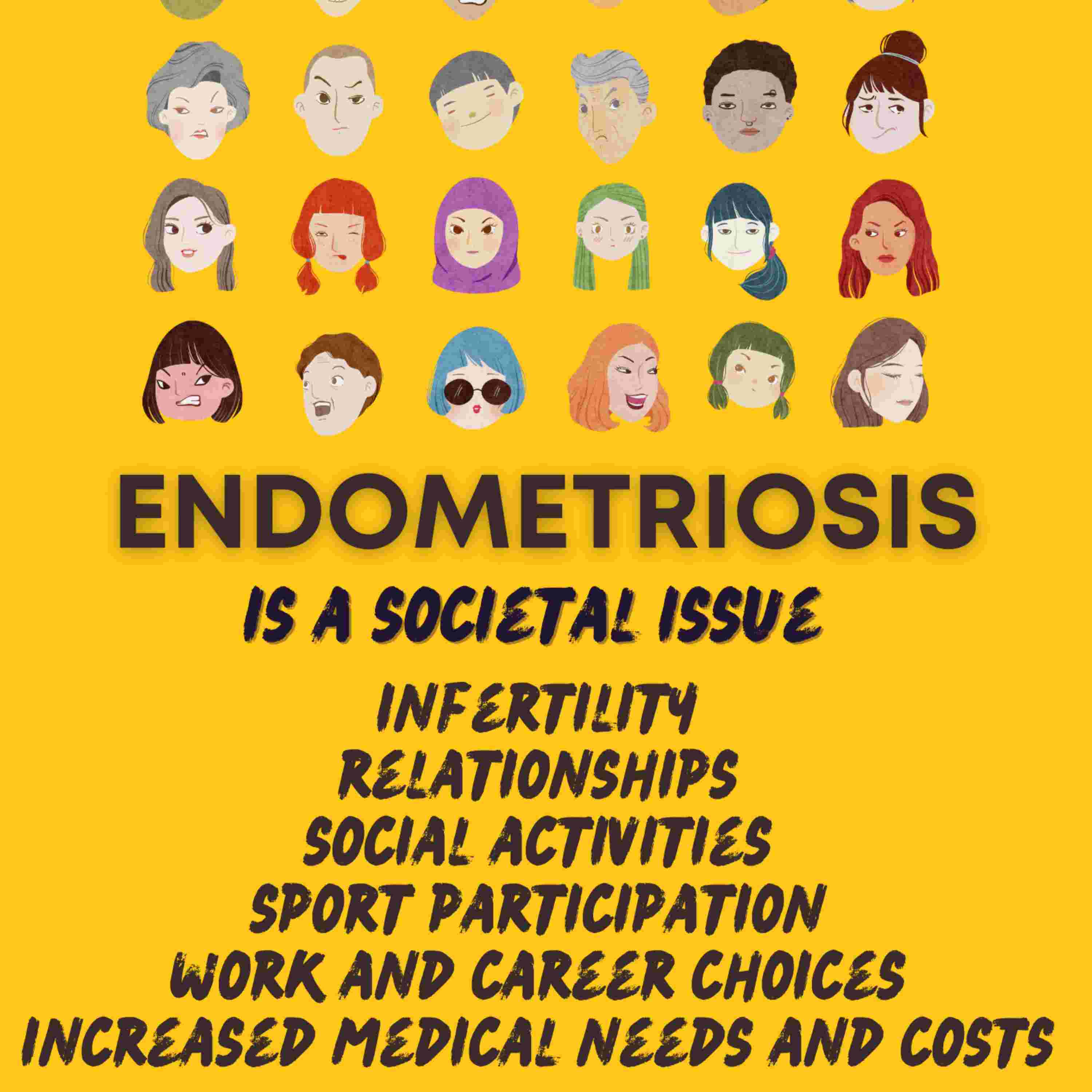

Summary Dr. Caoimhe Hartley discusses perimenopause, menopause, and the symptoms women may experience during this time. She explains the impact of hormonal fluctuations on endometriosis and the importance of managing symptoms during perimenopause. Dr. Hartley also explores various treatment options for perimenopause and postmenopause, including hormone replacement therapy (HRT) and the use of testosterone. She emphasises the need for individualised care and risk assessment when considering HRT. Additionally, Dr. Hartley highlights the importance of lifestyle factors in managing menopausal symptoms and reducing overall health risks. This conversation covers various topics related to hormone replacement therapy (HRT) and the management of menopausal symptoms. It explores individualised approaches to HRT, the importance of long consultations and patient advocacy, options for managing menopausal bleeding, non-hormonal medications for heavy bleeding, different hormonal options for bleeding control, the use of Tibolone as an alternative hormone therapy, the safety of vaginal oestrogens in breast cancer patients, and the myth of hormone balancing. Takeaways Hormone replacement therapy (HRT) should be individualised based on a person's symptoms, risk factors, and preferences. It is not a one-size-fits-all approach. Long consultations and patient advocacy are crucial in providing comprehensive care for menopausal patients. Patients should be well-informed and actively involved in their treatment decisions. There are various options for managing pre and perimenopausal bleeding, including non-hormonal medications like tranexamic acid, as well as hormonal options. Tibolone is a synthetic steroid that can be used as an alternative hormone therapy. It has similar benefits to other forms of HRT and is considered safe for most women. It was studied as addback HRT for use with GnRHa like Zoladex. Aromatase inhibitors are commonly used in post-breast cancer treatments and infertility. They can be effective but may cause significant side effects. Some patients with endometriosis have used them for symptom control. Vaginal oestrogens are safe and effective for managing vaginal dryness and other genitourinary symptoms in women. They do not increase the risk of breast cancer. Resources Dr Caoimhe Hartley - Menopause Health https://www.menopausehealth.ie/ Chapters 00:00 Introduction and Background 03:32 Perimenopause and Menopause 06:50 Perimenopausal Symptoms and Endometriosis 15:06 Treatment Options for Perimenopause and Postmenopause 20:17 Managing Symptoms in Hysterectomy Patients 22:48 The Use of Testosterone in Menopause 27:44 Alternative Options for Women Not Taking HRT 34:51 Risks and Side Effects of HRT 40:23 Individualised Risk Assessment 41:13 Individualised Hormone Replacement Therapy (HRT) 42:02 Long Consultations and Patient Advocacy 43:14 Managing Menopausal Bleeding 44:19 Non-Hormonal Medications for Heavy Bleeding 44:49 Hormonal Options for Bleeding Control 45:46 Tibolone as an Alternative Hormone Therapy 48:36 Aromatase Inhibitors in Endometriosis Treatment 50:53 Vaginal Oestrogens and Breast Cancer 54:46 The Myth of Hormone Balancing